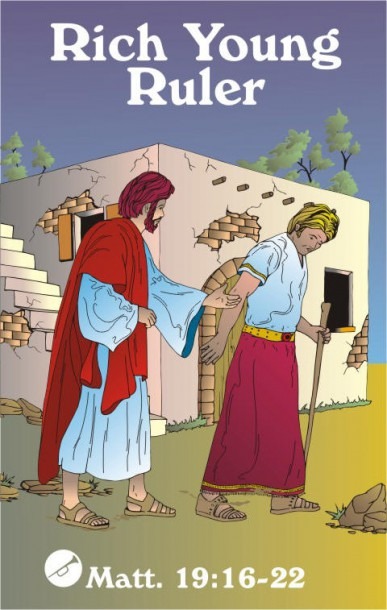

At first reading, these may appear to be similar commands. The psalmist commands us to come in Psalm 95:1-2 and again in verse 6. We’ll examine this psalm under three headings:Īlong the way we’ll see three different ways we are to come to Him. So let’s examine this psalm that exhorts us to come to God again and again, and listen to its explanation of why we should come. Thus, nothing is more important than coming to God, than coming to Jesus.

Jesus says to some of them: “You refuse to come to me that you may have life” (John 5:40). Whoever comes to me I will never cast out” (John 6:35, 37)ĭespite these extensive invitations, many do not come. “Whoever comes to me shall not hunger, and whoever believes in me shall never thirst….“If anyone thirsts, let him come to me and drink” (John 7:37).“Come to me, all who labor and are heavy laden, and I will give you rest” (Matthew 11:28).In contrast, three times in Psalm 95 we read: Come! If you did come in, you would die – unless the king leaned his scepter towards you. In the book of Esther, recall that no one was allowed to enter the kings presence without his explicit invitation. We cannot know any details about the man other than he sincerely wanted to hear Jesus’s opinion on what kind of good deed he needed to do to guarantee eternal life.Yet Psalm 95 emphasizes something unusual about this king. If he was extremely wealthy, he might want to know what public benefit he must do to assure his place in the kingdom of heaven.

The man asks what good thing he needs to do to have eternal life (v. All of these are of course possibilities but move into the area of speculation which cannot be supported by evidence. Similarly, that Paul “overheard Jesus’ words regarding the worker being worthy of his/her wages” (159) seems to go beyond the evidence or that Paul overheard the Olivet Discourse and “heard enough” of Jesus at that point (167). He very tentatively suggests Paul was the “the lawyer who asked the question” in Luke 10:25-28 (147). He is careful to suggest this as a possible reading of the text, but along with 1 Corinthians 9:1 and the book of Acts, there is a strong possibility Paul had known Jesus prior to his conversion experience. Porter offers a detailed exegesis of this passage, comparing it to 1 Corinthians 15:1-11 to argue that Paul had seen Jesus just as the other apostles had. Is this rich man the young rabbi Saul? Stanley Porter examines Paul’s words in 1 Corinthians 9:1, “Have I not seen Jesus our Lord?” and argues Paul knew Jesus before the Road to Damascus ( When Paul Met Jesus: How an Idea Got Lost in History see my review here).

The man might think he is right with God because his family has been materially blessed. Wealth was a sign of God’s blessing based on the blessings in the Law for those who are obedient. Young and wealthy may imply he was from a good family which accumulated wealth and power in Jerusalem. If he is a scribe and an official in the bureaucracy of Jerusalem, then he would be wealthy. In Matthew 8:19 a scribe came up to Jesus, using similar vocabulary and syntax (εἷς προσελθὼν αὐτῷ εἶπεν). Who is this rich man? Mark 10:13 simply called him a man, Matthew 19:22 adds that he was young, Luke 18:18 says he was a ruler (ἄρχων) who was “extremely rich” (πλούσιος σφόδρα 18:23). Specifically, the rich man asks Jesus if there is a good deed he must do in order to be right with God and enter the kingdom of heaven. As Jesus and his disciples approach Jerusalem, a rich man asks Jesus about eternal life (19:16).


 0 kommentar(er)
0 kommentar(er)
